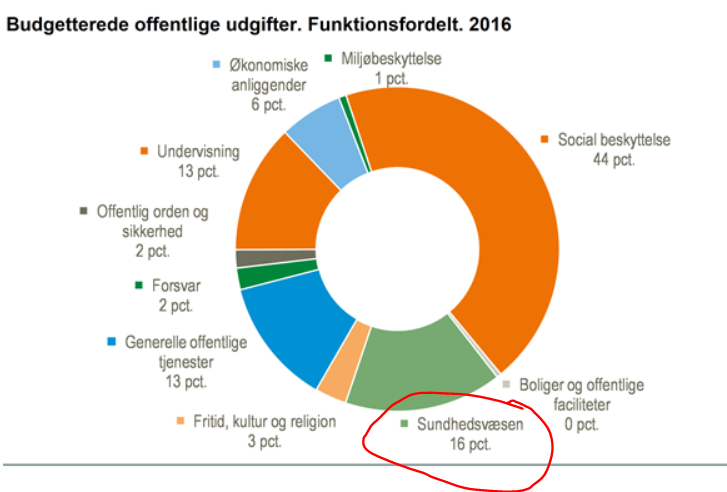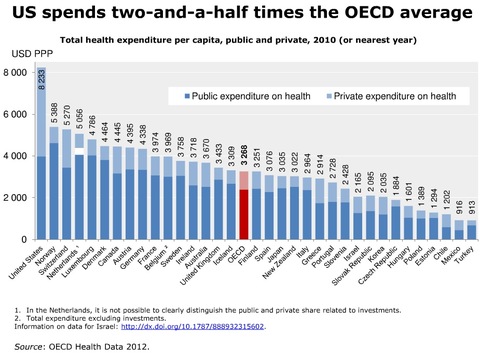This is one of those "simple" question , but difficult to answer question.
Honestly, there is no conclusive answer as there is too little research done on such issues.
For example, Freakonomics go through the topics of US health care from time to time, as experts hint that poor follow up on treatment effectiveness is the main cause of US healthcare overspending on unnecessary expensive treatments, while neglecting the importance of follow up (e.g cheaper care taking vs expensive treatments).
For country that practice universal health care, there is a policy in place to PREVENT over-diagnostic, or fooling around with fancy unproven treatments. Some people may argue that "advanced treatment" is important to find a new cure, however, most of such claims has little support ground, as many new treatments need double blind test and even long term tracking.
More of such data finding research emerge, because doctor themselves are not good data collector due to the workload and resources. The infamous thalidomide drug that cause birth defects in past decades show that it took many good doctor to through the whole process.
(update)
Here is another reading material about the issue : Why American doctors keep doing expensive procedures that don’t work.
After going through all those facts, you will be surprised that there is hardly enough scientific follow up to stop possible expensive and even harmful treatment that cost the tax payer.
(additional podcast)
Freaknomics Nurse to the rescue mentioned about important roles of much lower paid healthcare worker : nurse. Rich Europe country tend to spend more on following health caring than excessive treatment. While US seems doing the otherwise. Some people argue that US doctor wages may contribute to the cost, but it can never offset the high treatment cost. For example, the insane jack up price of epipen and the contract is just tip of the iceberg.

